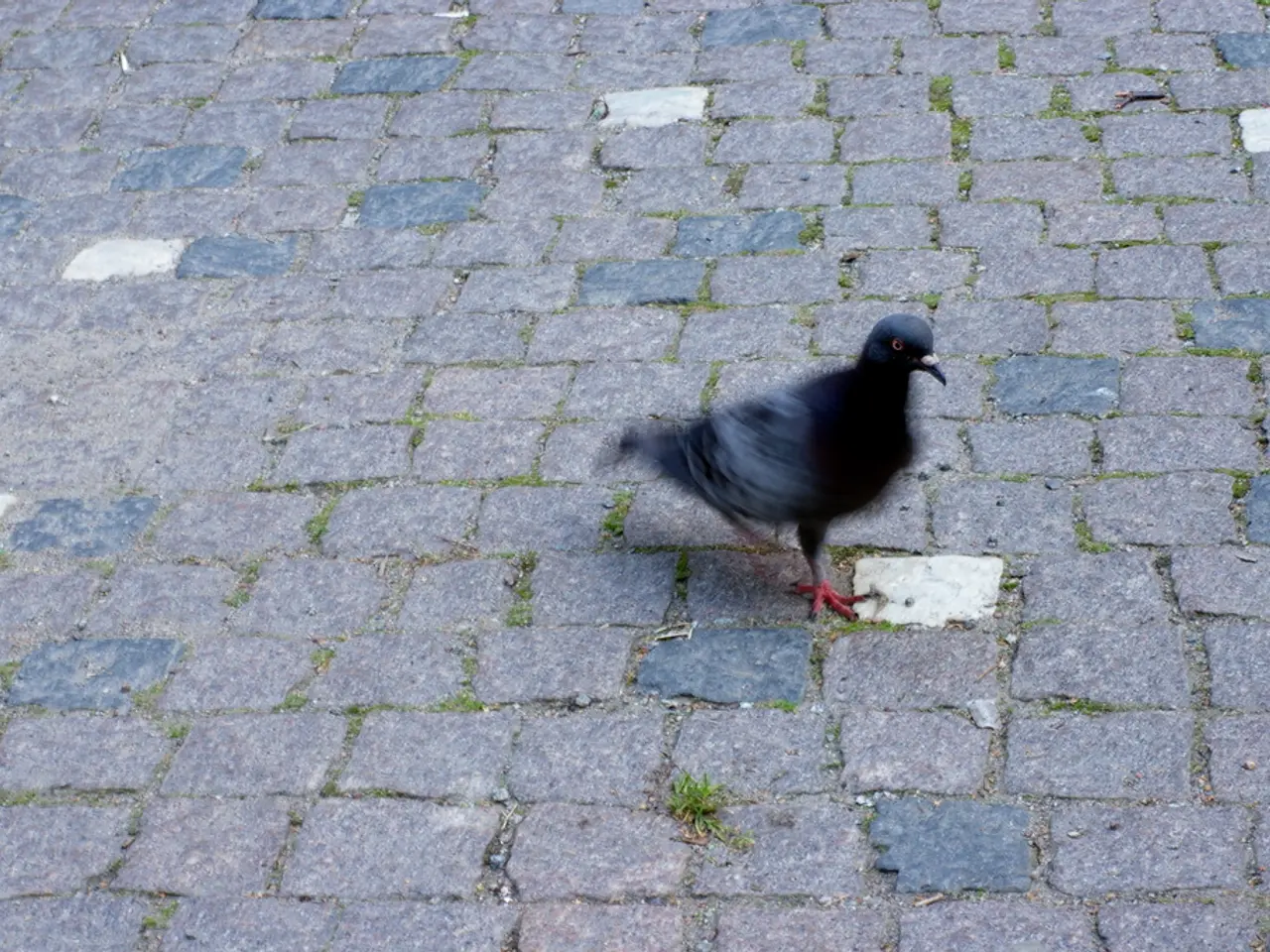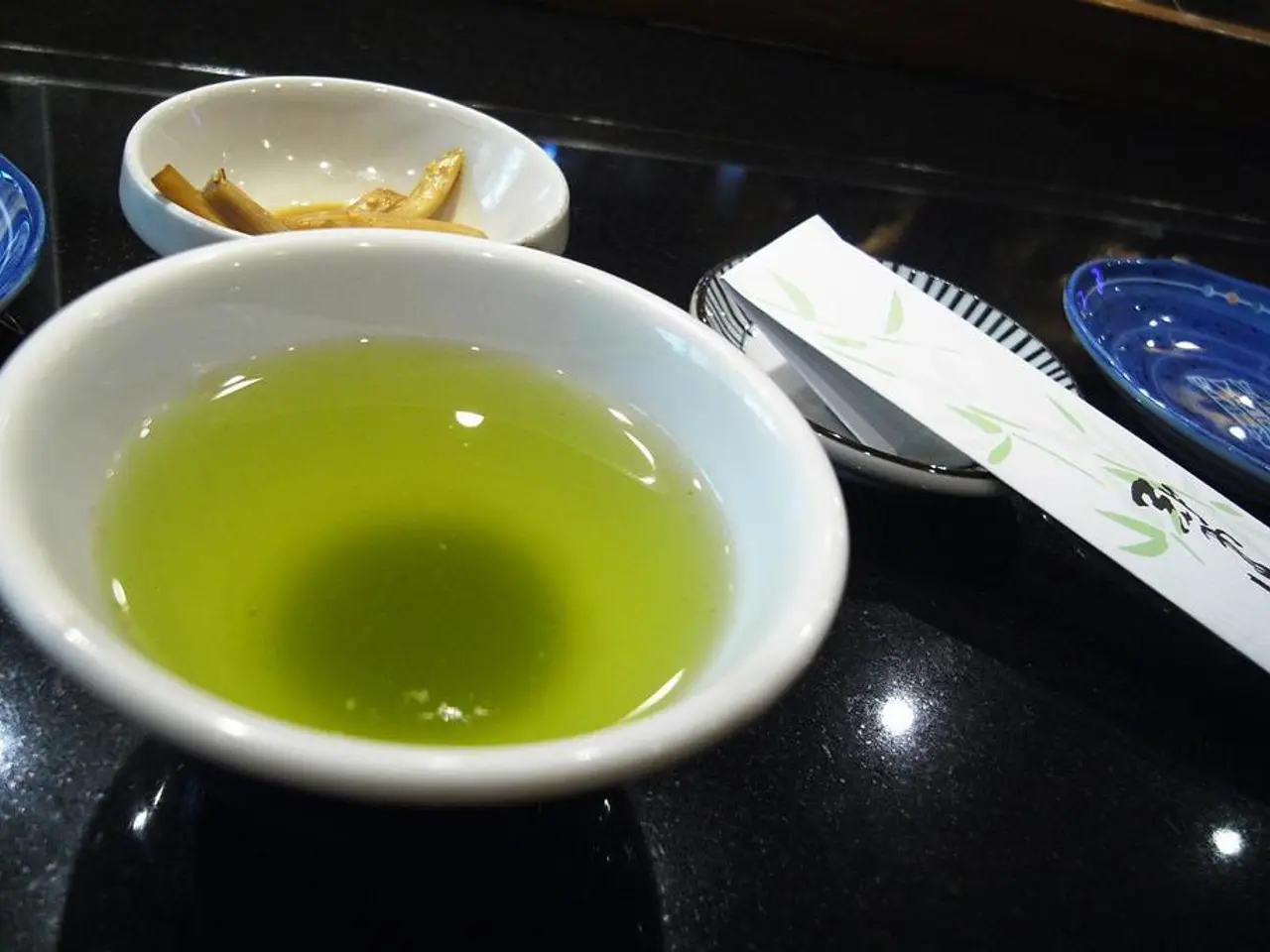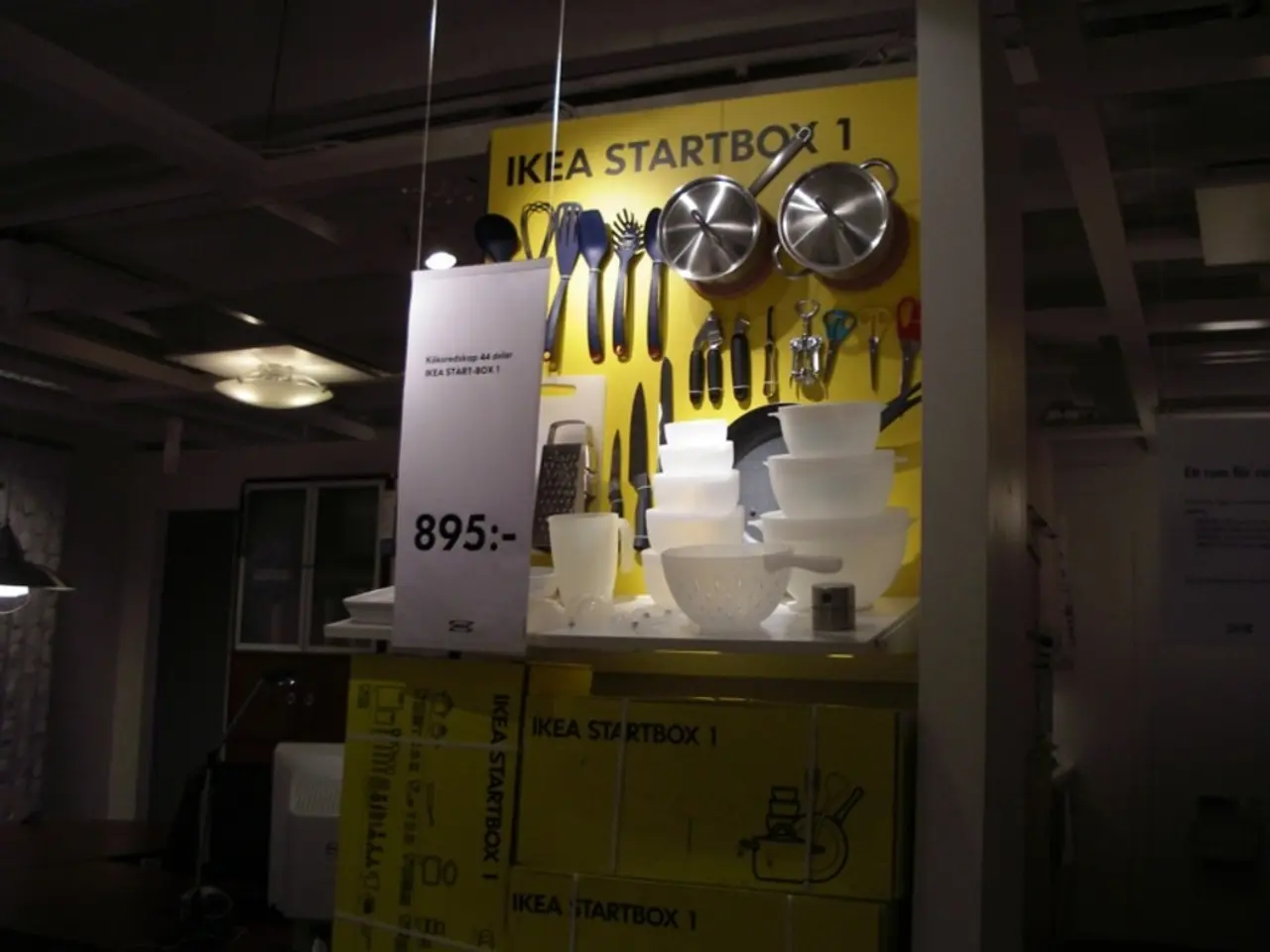Strategies for Keeping Vinyl Records in Top-Notch Condition: 9 Handy Tips for Optimal Storage
Vinyl records are a beloved format, cherished for their rich sound quality and nostalgic appeal. However, like any valuable item, they require care and attention to ensure their longevity and maintain high-quality playback. Here are some best practices for storing your vinyl records.
Storing Vinyl Records Properly
- Store records vertically upright to prevent warping and pressure damage from stacking flat. This simple step can make a significant difference in preserving the physical integrity of your records.
- Keep your records in a cool, dry environment away from direct sunlight, heat sources, and extreme temperature fluctuations. This will help avoid warping and deterioration of your records.
- Use high-quality anti-static inner sleeves to protect the vinyl surface from dust, static buildup, and surface scratches. Paper inner sleeves that are archival-safe (e.g., rice paper) are also recommended for valuable records.
- Store records inside their original outer cardboard sleeves or use durable, resealable polypropylene (CPP) outer sleeves. This will protect album artwork and provide extra moisture and dust resistance.
- Avoid forcing records into tight or undersized sleeves. This can damage the vinyl or the sleeve itself.
- Handle records by their edges or label center only. This prevents oils from fingers contaminating the grooves.
- Keep the storage upright on dedicated shelving or in specialized vinyl record cabinets. This provides proper support and easy access to your records.
- Ensure the storage area is free from excessive humidity or dust. This reduces the risk of mold or grime buildup.
Additional Tips for Vinyl Care
- Invest in plastic wallets to safeguard your investment in vinyl records. They are relatively inexpensive and provide extra protection for both the disc and the outer sleeve.
- Store your records in a sturdy, built-for-purpose record box when transporting them. This will help protect them from damage during transit.
- Be aware that vinyl (polyvinyl chloride or PVC) doesn't cope well with extreme heat. It can start to warp at temperatures above 60C (140F).
- Sunlight is the enemy of vinyl records. It can cause them to skip, scratch, and impact playback quality, as well as fade sleeve artwork.
- Mould is bad for vinyl records and can give them an unpleasant musty sort of smell. In the worst cases, it can creep into the grooves of a record.
- A record cleaning kit including a microfibre cloth, cleaning solution, and anti-static brush is essential for record care. You can find one for around £20.
- Consider replacing paper inner sleeves with plastic ones. This costs around £15 and provides extra protection for your records.
- For even better protection from UV rays, use sleeves made of polyethylene instead of PVC.
By following these guidelines, you can help maintain the physical integrity of the vinyl and the visual appeal of the album covers, thus preserving the records’ sound quality and collectible value over time.
- For an immersive listening experience, consider purchasing a hi-fi system with a turntable, amplifier, and speaker setup to optimally enjoy your vinyl records.
- To stay updated on upcoming releases and trending titles, subscribe to fashion-and-beauty or home-and-garden magazines that frequently feature record reviews and previews.
- While browsing through musical events listings, pay attention to artist announcements that have a vinyl deal to promote their new album.
- Keep in mind that vinyl records can serve as a statement piece for your lifestyle, especially in modern homes and gardens when displayed thoughtfully on shelves or in custom-made vinyl record cabinets.
- Be mindful of the need to periodically clean your vinyl collection using a record cleaning kit to ensure continued high-quality playback.
- As your vinyl collection grows, consider investing in plastic wallets or plastic inner sleeves to provide additional protection and preservation of your records' condition.




